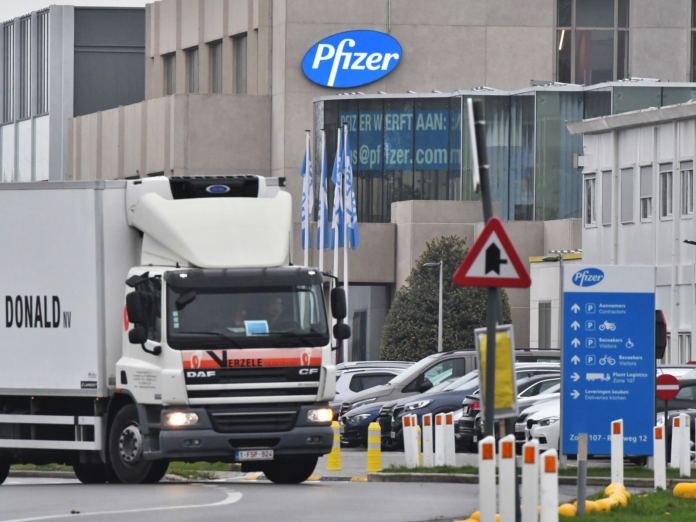By Seth Gellman
As COVID-19 spread worldwide and wrecked havoc across the globe, many are hoping that a vaccine is developed to curb the spread of it. Britain gave emergency authority to allow mass inoculations of a vaccine made by Pfizer, making it the first Western nation to approve a vaccine for widespread use.
Pressure has increased on U.S. regulators to approve the vaccine, while some European regulators question how thorough the United Kingdom’s testing was. These regulators have said that the U.K. only tested certain parts of the vaccine, an accusation that both Pfizer and Britain have denied.
Britain’s embrace of the vaccine started a debate in the U.S. about whether American regulators are being too meticulous or British regulators aren’t being thorough enough. Those who support the U.S. regulators say that being meticulous is worth it and will help prevent unintended damage while others counter by saying that thousands are dying from the disease daily and that some risks need to be taken in emergency situations. Britain and other European regulators are more trusting of companies’ own reports while American regulators are more cautious and take longer.
While the United States and Britain can afford to prepay contracts in order to get doses as fast as possible, this disproportionately hurts poorer countries who can’t afford to buy supplies in advance and will likely struggle to pay for the vaccine.
About 800,000 doses of the Pfizer vaccine, which was developed with German firm BioNTech, are being made in Belgium to be shipped to Britain. The first to be vaccinated will be doctors and nurses working for the National Health Service, as well as nursing home workers and patients 80 and over that schedule an appointment. Other essential workers like first responders will not be vaccinated until people 50 and over and those with underlying health conditions are vaccinated.
British regulators are also testing a vaccine by the University of Oxford and AstraZeneca, whose early results have been questioned by scientists and industry experts. Britain is still under the European Union’s drug regulatory body until Dec. 31, but Britain is using a law that allows it to ignore the regulations in the case of a national emergency. Britain has pre-ordered 40 million doses of the Pfizer vaccine and 315 million doses of other vaccines in the hopes that they are as effective as trials have promised.
According to the trials, the Pfizer-Biotech vaccine is most effective in older adults and has caused no serious side effects. One negative aspect of it, however, is that it needs to be kept at about minus 70 degrees Celsius until shortly before use, making it difficult to transport.
Many are looking forward to a potentially life saving vaccine. The U.K. was the first in the West to approve of a vaccine, and they likely will not be the last. The debate that was sparked by this investigation is leading to some good points from both sides. As the first country to approve the Pfizer-BioNtech vaccine, all eyes will be on Britain to see how effective it is and whether other countries should adopt it.

